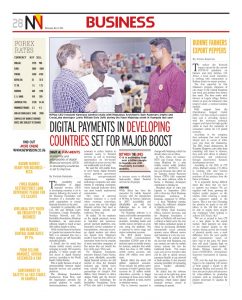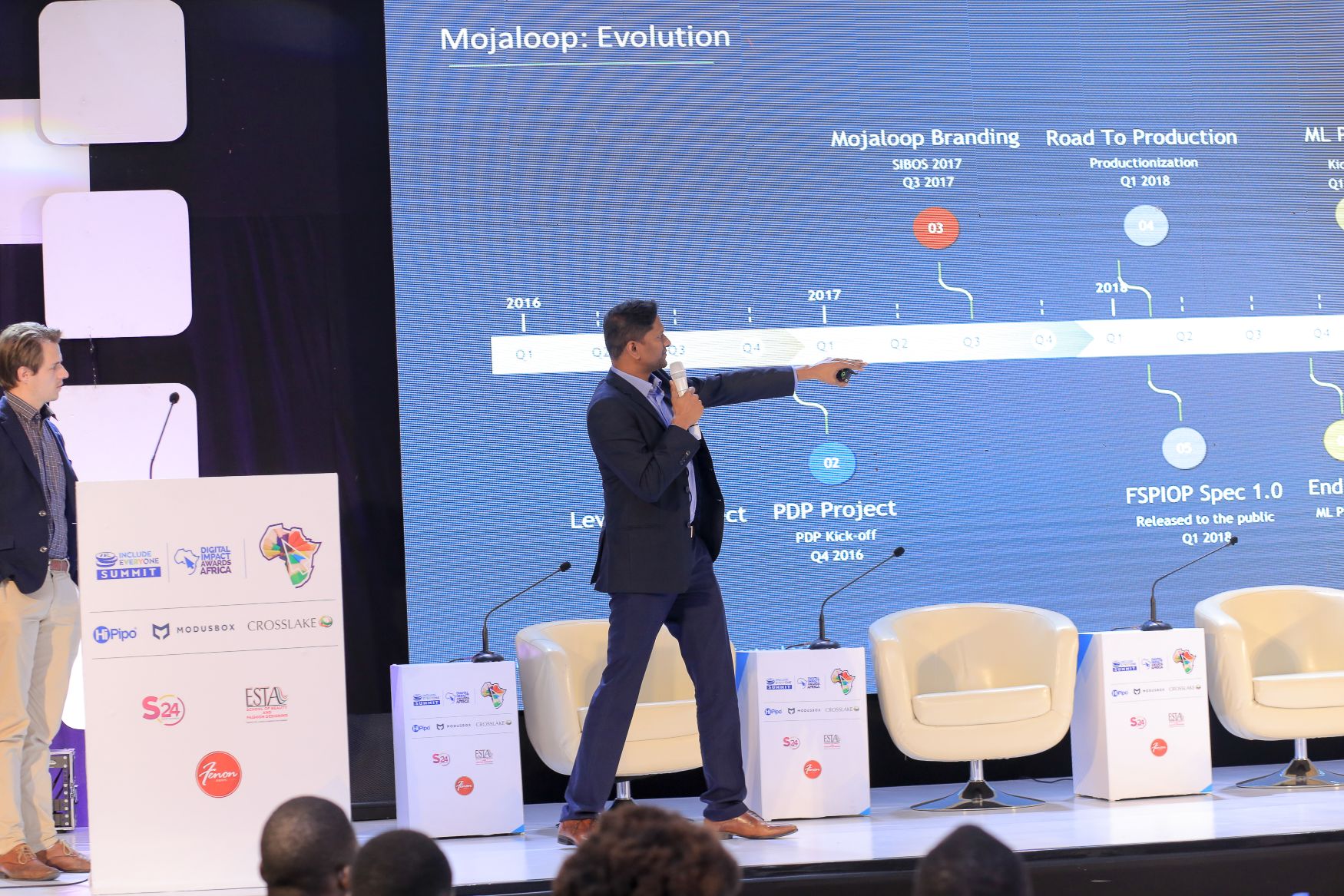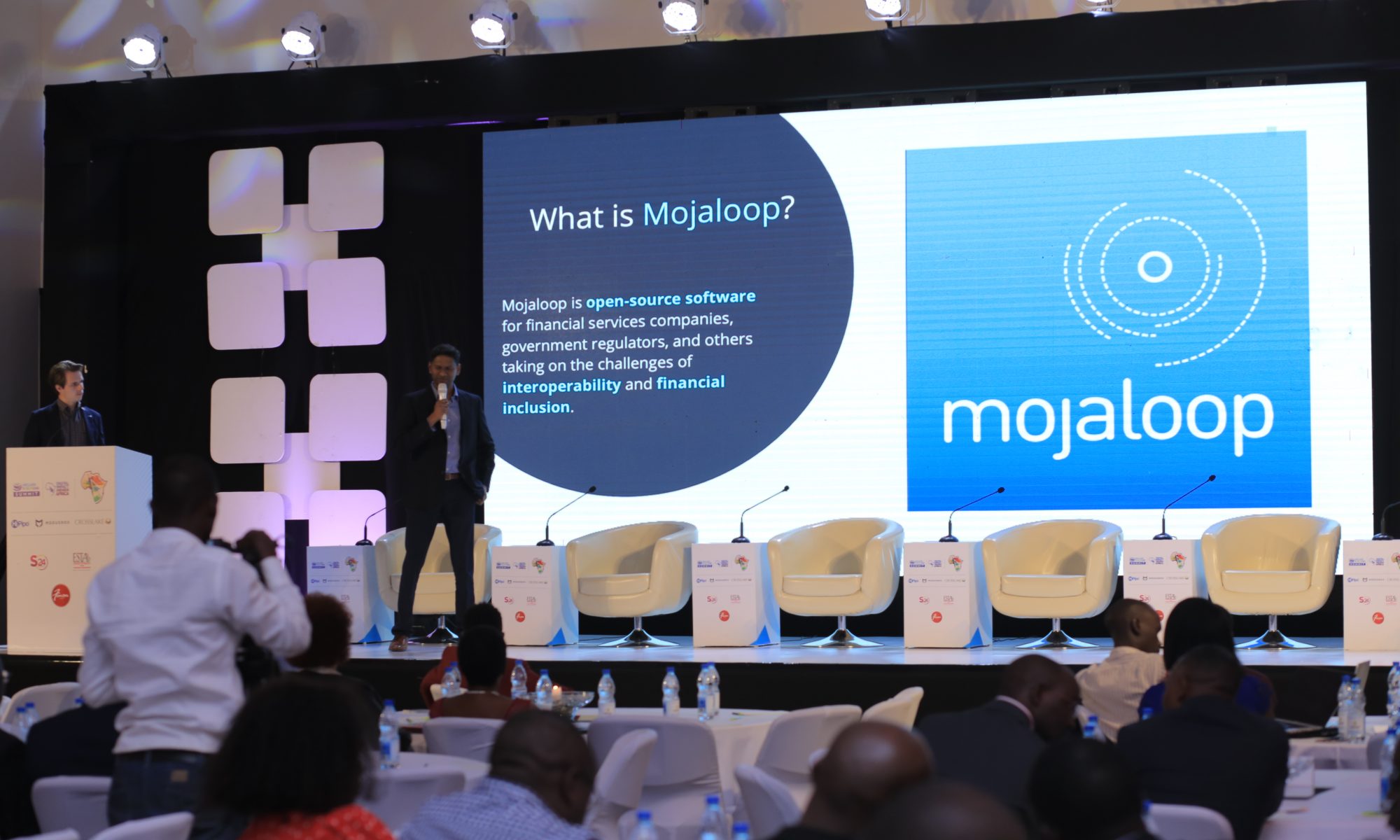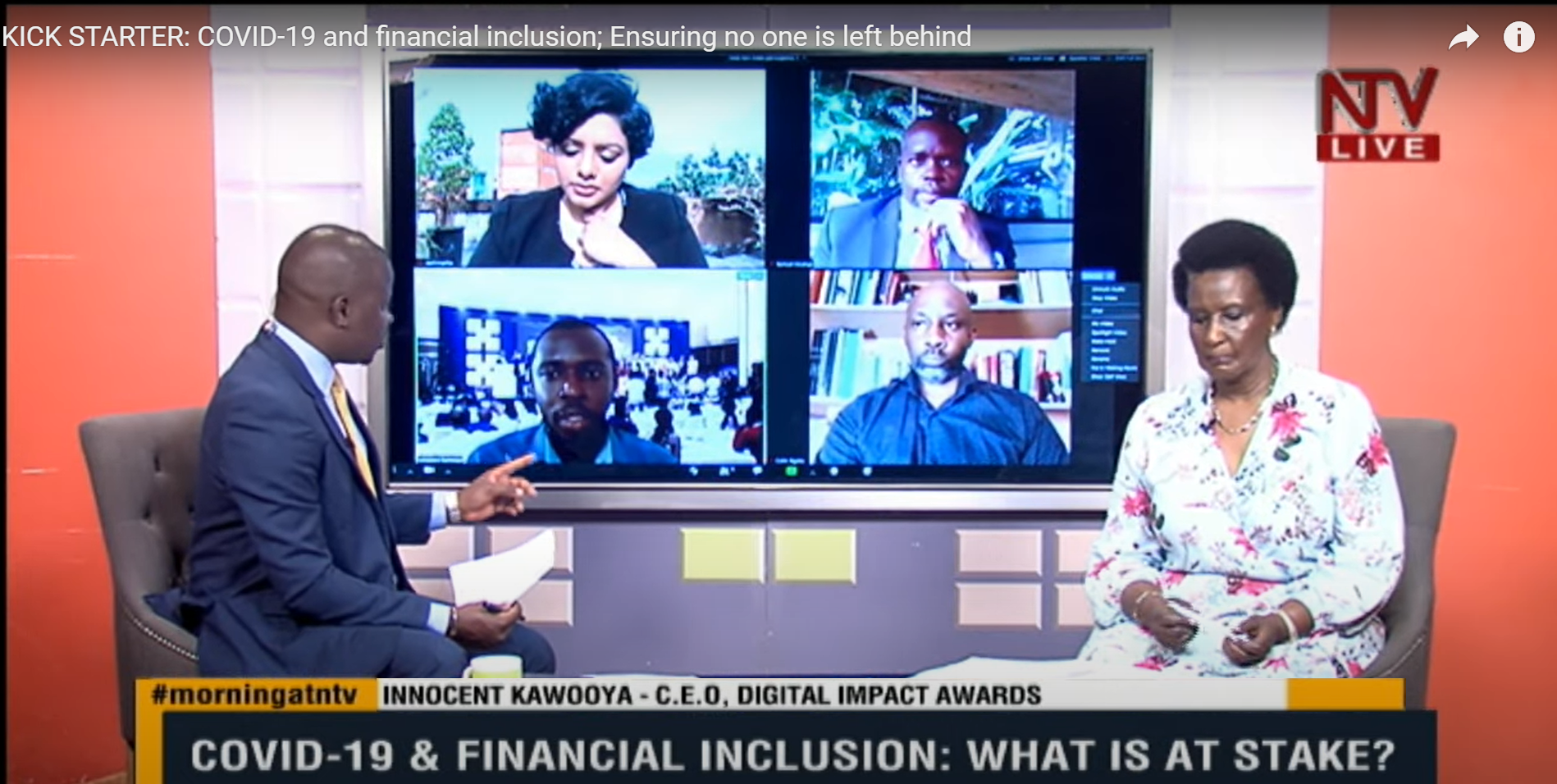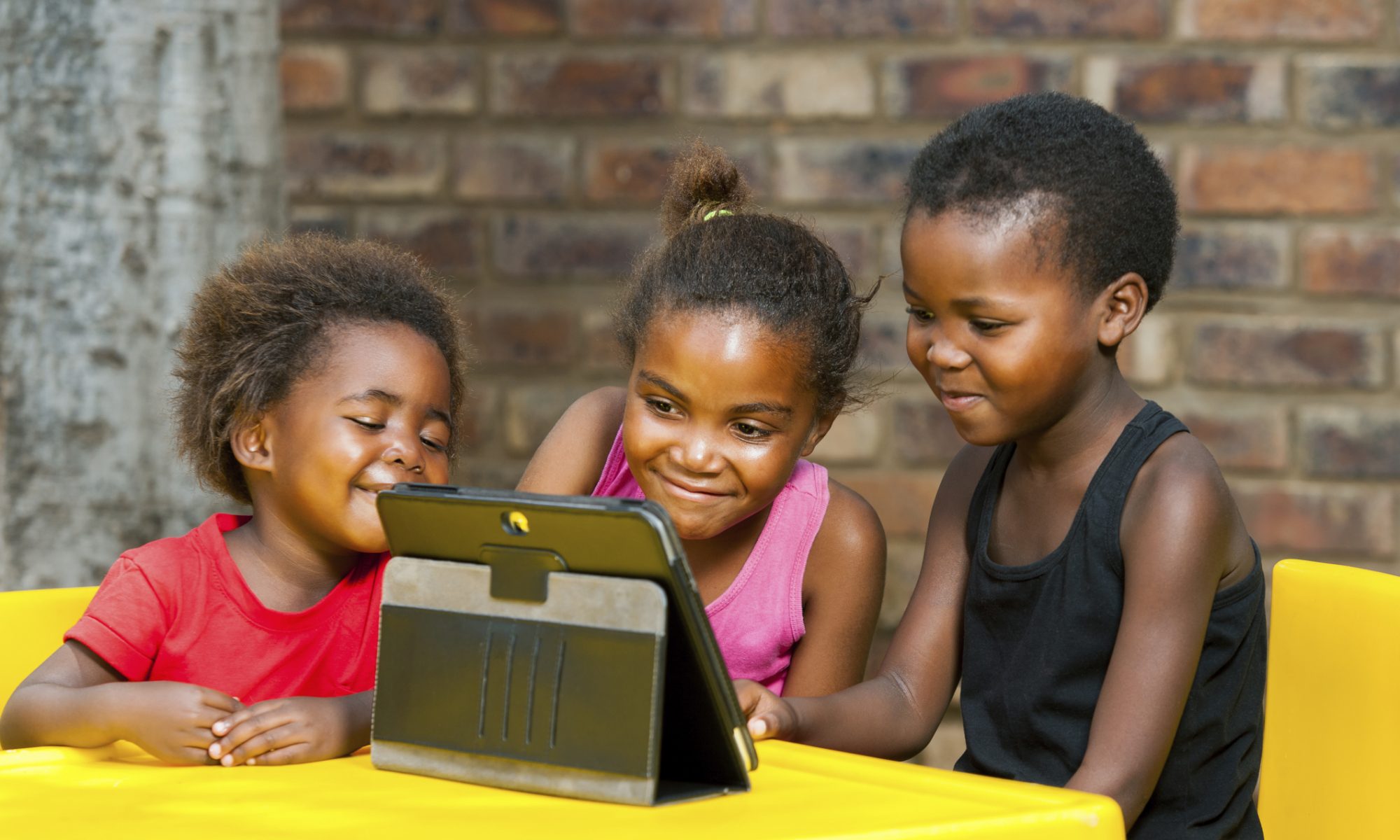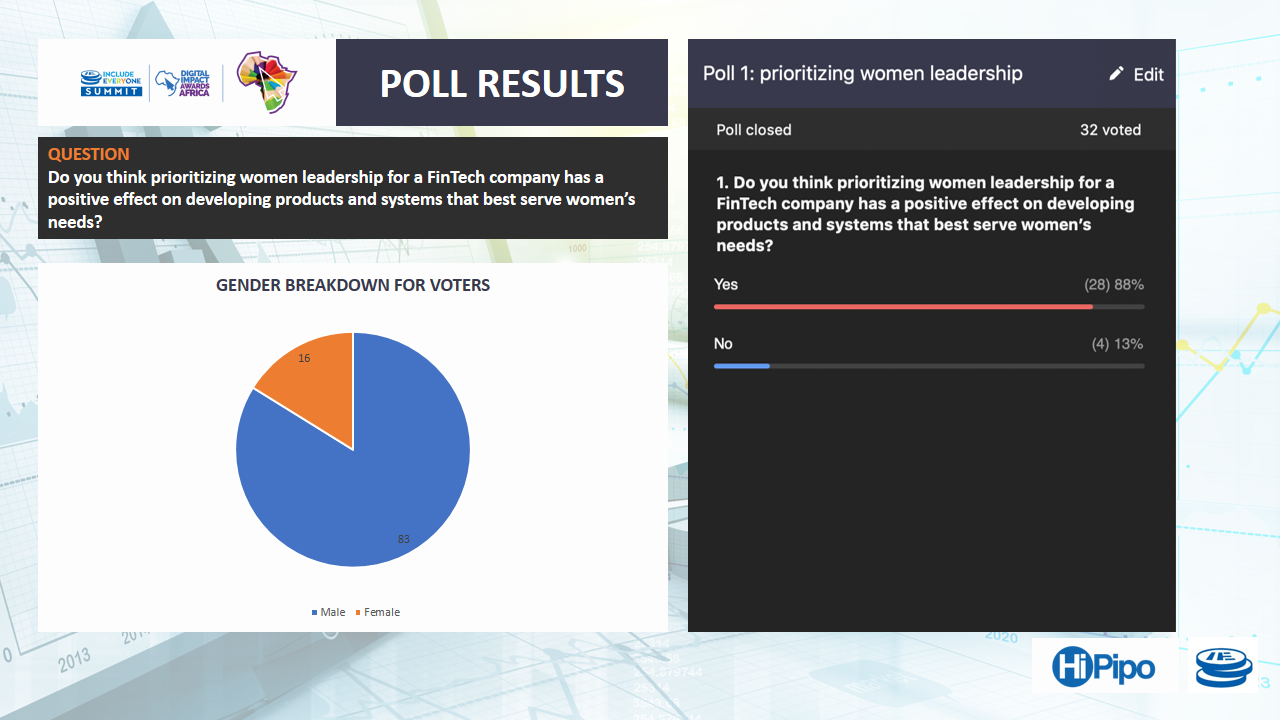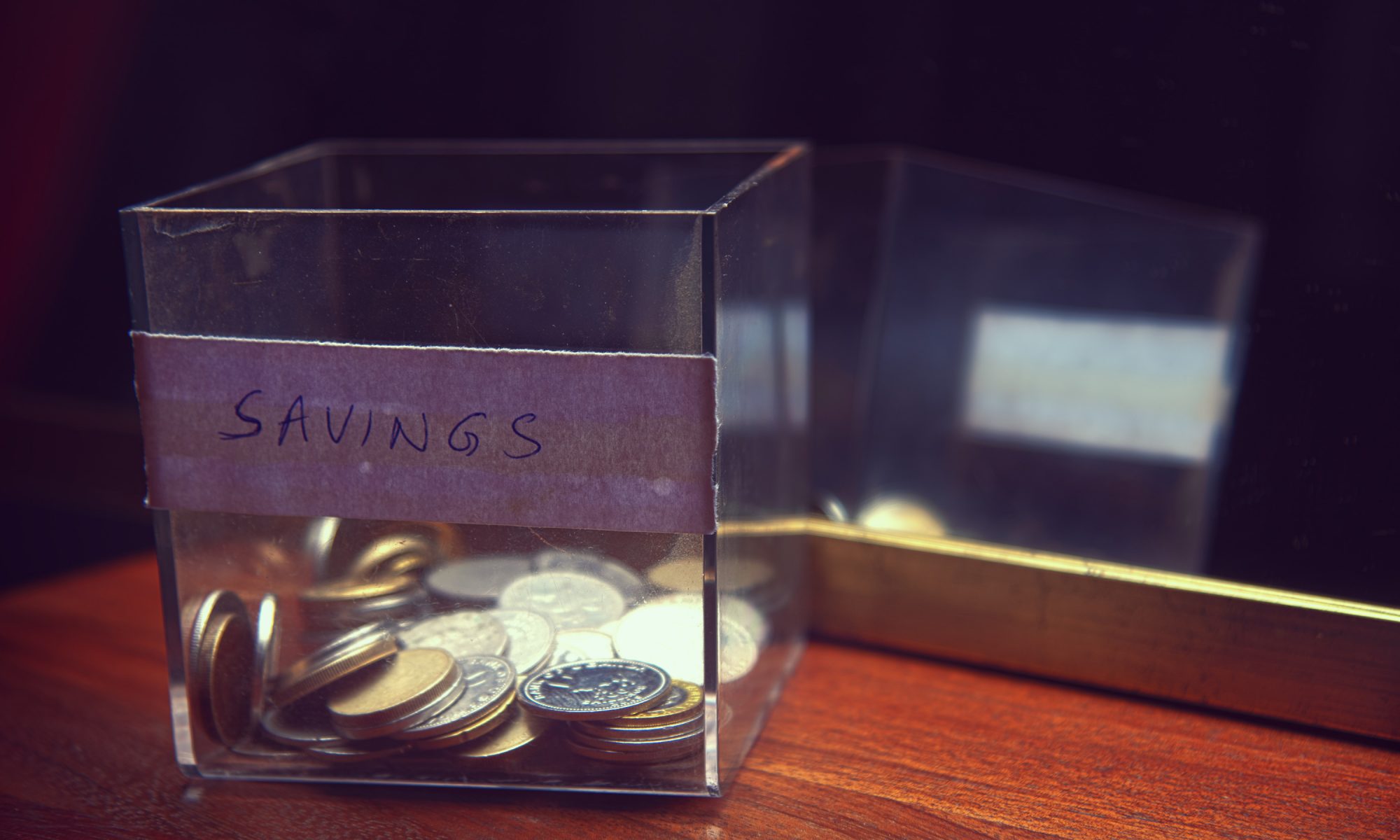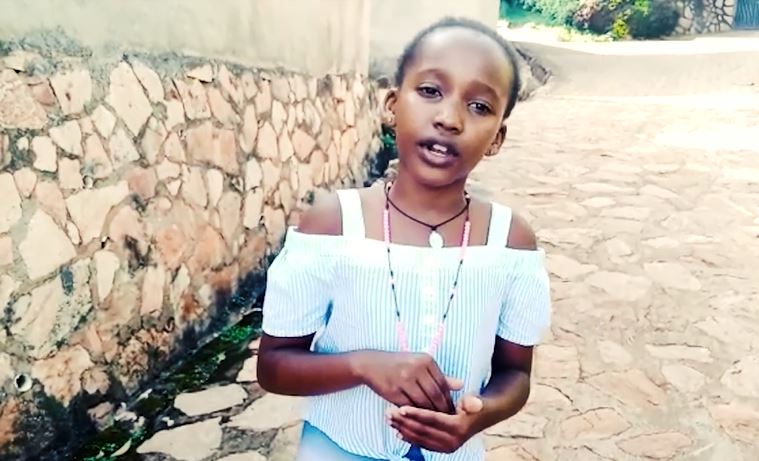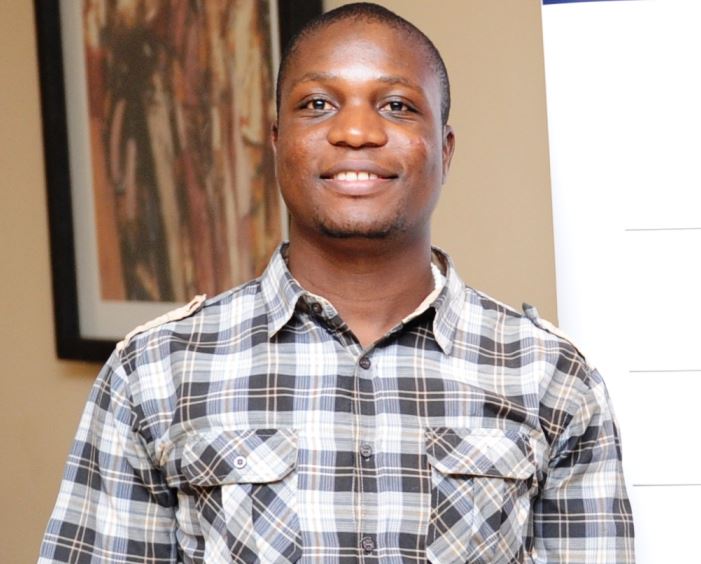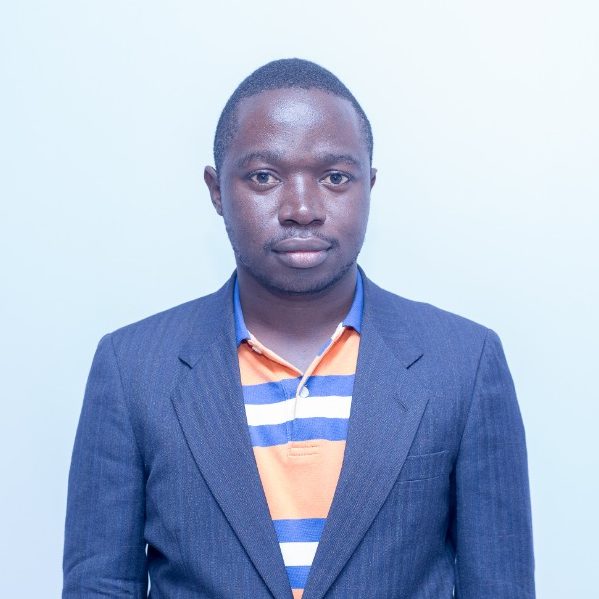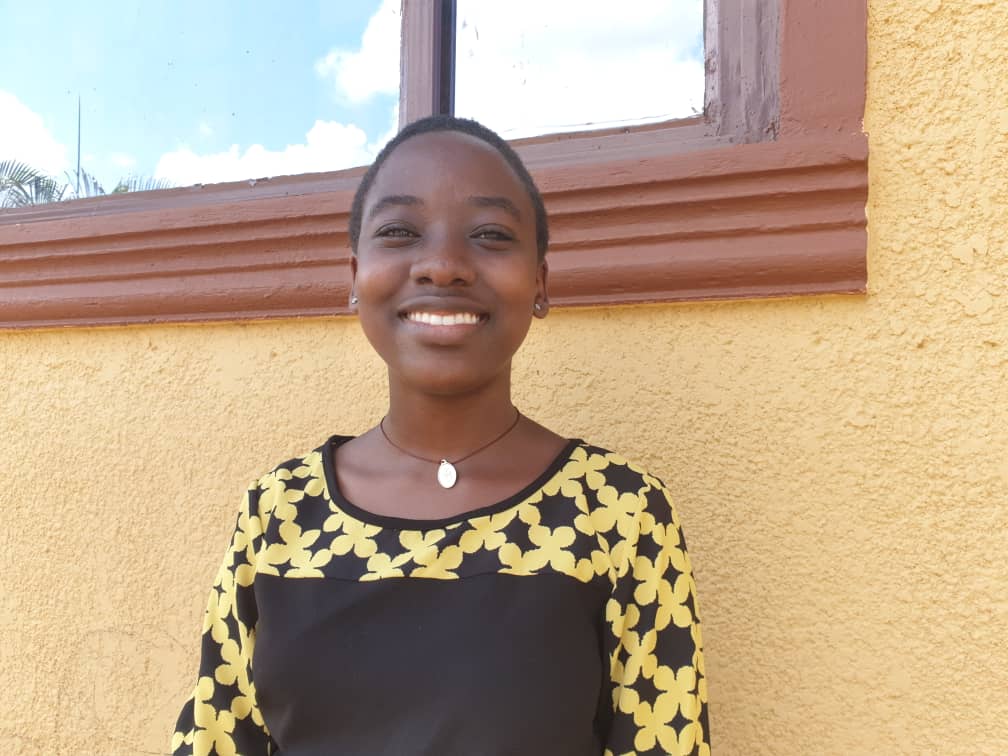WAKEFIELD, Mass., USA – May 6, 2020 – The Mojaloop Foundation today announced its formation as a charitable nonprofit organization to extend financial inclusion efforts initiated by the Mojaloop open source software project. To achieve its mission, the Mojaloop Foundation will operate with an open governance model and legal framework dedicated to advancing and maintaining the Mojaloop free, open source software and development community as public goods in service of financial inclusion globally. Coil, Bill & Melinda Gates Foundation, Google, ModusBox, Omidyar Network, and The Rockefeller Foundation have joined the organization as the initial Sponsor members. More information about Mojaloop is available on GitHub and at https://mojaloop.io/.
Despite mobile money services emerging in nearly 100 countries, 1.7 billion people still lack access to digital financial services, according to the World Bank’s Global Findex. A lack of interoperability between digital financial services and payment platforms is a large part of the problem. It can be costly and complex to build interoperable systems that are inclusive to all. Mojaloop serves as a blueprint for how to simplify and reduce the cost of payment interoperability so that banks and other providers can develop tools that meet the needs of emerging markets and the unbanked. Increasing access to digital financial services and tools are critical to accelerating the rate at which the financially excluded move into the formal financial system and hold on to the gains they have made, especially in developing economies. If widely adopted, interoperable digital financial services could provide more of the population with access to important financial tools, while adding $3.7 trillion to emerging countries’ GDP by 2025, according to McKinsey Global Institute.
“More affordable, accessible digital financial services are still needed to close the financial inclusion gap,” said Paula Hunter, executive director, the Mojaloop Foundation. “With the launch of the Mojaloop Foundation, our initial Sponsor members will serve as active contributors to achieving our financial inclusion mission. Mojaloop open source software, its collaboration community and convenings will continue to serve as a path forward for organizations creating interoperable payments platforms to connect all digital financial providers and customers within an economy. We encourage organizations interested in our mission of financial inclusion to join the Mojaloop Foundation.”
Named after the Swahili word for “one,” Mojaloop is a reference model for payment interoperability between services and providers. This interconnectedness, within an economy, can reduce barriers to customer access and potential transaction volume, as well as increase opportunities for low-income individuals to access services that are traditionally out of reach.
The open source software was first established in 2017 to support its financial inclusion work. With the launch of the Mojaloop Foundation, the work initiated by the Mojaloop project will continue to serve banks, digital financial service providers, governmental offices, NGOs, regulators, technology companies and other entities in emerging economies where financial inclusion efforts can most benefit underserved communities.
“Our vision of universal financial inclusion is a world where everyone, everywhere, can access and use the digital financial services they need to build economic security and resilience,” said Kosta Peric, the newly-appointed chairman of the Mojaloop Foundation and deputy director of the Financial Services for the Poor program at the Gates Foundation. “The work of the Mojaloop open source project will thrive with the talent, innovation and leadership from this dynamic group of member organizations, in service of our shared mission to benefit underserved and low-income communities.”
Mojaloop Foundation Welcomes Board of Directors, Officers, Technical Governing Board.
The Mojaloop Foundation’s newly-appointed Board of Directors, Officers, and Technical Governing Board provide the strategic vision, funding, and technical guidance to ensure the long-term health and growth of the Mojaloop open source software and development community. Comprised of appointees from each of the organization’s Sponsor members, each member of the Board of Directors has one equal vote, and a fiduciary duty to support the mission of the organization.
The 2020-2021 Mojaloop Foundation Board of Directors include Miller Abel, Deputy Director and Principal Technologist, Gates Foundation; Adama Diallo, Head of Partnerships for Next Billion Users Africa, Google; David Wexler, CEO, ModusBox; Adrian Hope-Bailie, Head of Services and Interledger, Coil; CV Madhukar, Managing Director, Beneficial Technology, Omidyar Network; and Kevin O’Neil, Director of Data and Technology, The Rockefeller Foundation.
The Mojaloop Foundation Board of Directors elected the following Officers and Technical Governing Board (TGB) for the 2020-2021 term to oversee the organization’s work: Kosta Peric, Chairman; Paula Hunter, Secretary; and Robert Ron, CFO of ModusBox, will serve as Treasurer.
TGB representatives for the 2020-2021 term include Miller Abel; Adrian Hope-Bailie; JJ Geewax, Software Engineer, Google; and Warren Carew, Vice President, ModusBox. Overseen by the Board of Directors, the TGB will oversee the organization’s work, including participation in software decisions and authorization of code maintainers, consistent with the Mojaloop Foundation’s charitable and educational purpose.
HiPipo Foundation is a Mojaloop Community Partner.
Supporting Quotes from Mojaloop Foundation Initial Sponsor Members
“The Mojaloop Foundation has brought together a diverse group of organizations and corporations that are champions of the essential role of interoperability in accelerating financial inclusion. This alliance will help make critical progress on the development of digital payment systems to support inclusive economies. We welcome additional organizations to join us in this important work,” said Mojaloop Foundation founding Sponsor member Miller Abel, deputy director and principal technologist for the Financial Services for the Poor program at the Gates Foundation.
“The inherent challenge with deploying payment systems is that it is a complex concept and isn’t as simple as ‘buy this technology and install it.’ There are regulatory components; operational components; training and enablement; financial inclusion principles, among other challenges. What’s great about the formation of the Mojaloop Foundation is that we’ve brought together a team of diverse experts in all of those various components. The collaboration between these experts and the development community is really what’s going to drive the success of our financial inclusion mission,” said Mojaloop Foundation founding Sponsor member David Wexler, CEO, ModusBox.
“At Google, we believe that financial institutions, governments and technology companies need to work together if we want to empower people to be financially capable. In joining other Sponsor members in building the Mojaloop Foundation, we are providing ways for all of us to work together to advance financial inclusion that will transform lives — that means seeing that people understand digital money, have access to it and manage it with confidence, and use it to make their lives better. That, to us, is what it means to make technology open, accessible and helpful for everyone,” said Mojaloop Foundation founding Sponsor member Adama Diallo, head of partnerships for Google’s Next Billion Users Initiative in Africa.
“More and more businesses want their payment systems to be inclusive to all but need a blueprint for overcoming the cost and complexity of payment interoperability. Mojaloop open source software provides that reference model, empowering organizations to create real-time, interoperable, inclusive payment systems based on financial inclusion principles. With the formation of the Mojaloop Foundation, Coil is excited to join our fellow founding Sponsor members to uphold the financial inclusion mission set by the Mojaloop open source project,” said Mojaloop Foundation founding Sponsor member Adrian Hope-Bailie, head of Services and Interledger, Coil.
“With the support of its dedicated community of developers, Mojaloop is designed upfront with the privacy, security, and other critical safeguards to truly enable safe, trustworthy, and inclusive financial services. And the Mojaloop Foundation brings together the leaders needed to provide that direction, funding, and legal framework to ensure its open source software always remains a free, public good,” said Mojaloop Foundation founding Sponsor member CV Madhukar, managing director of Beneficial Technology at Omidyar Network.
“It’s more important than ever to increase access to high-quality digital financial services that are affordable for people of any income level. Because Mojaloop is open and accessible, it’s not only bringing transformative impact to families and communities, but serves as a model for how to build digital public goods that work for everyone,” said Mojaloop Foundation founding Sponsor member Kevin O’Neil, director of Data and Technology, The Rockefeller Foundation.
About the Mojaloop Foundation
The Mojaloop Foundation’s mission is to increase financial inclusion by empowering organizations creating interoperable payment systems to enable digital financial services for all. To achieve its mission, Mojaloop Foundation operates as a charitable nonprofit, maintaining its free, open source software, Mojaloop, and community as public goods in service of financial inclusion. Merchants, banks, providers, government offices and other entities looking to build inclusive payments platforms can use Mojaloop—whole, adapted, or as a real-time payments reference model. The Mojaloop Foundation is in the process of applying for its 501(c)(3) tax-exempt status. For more information about the Mojaloop Foundation, visit https://mojaloop.io/.
